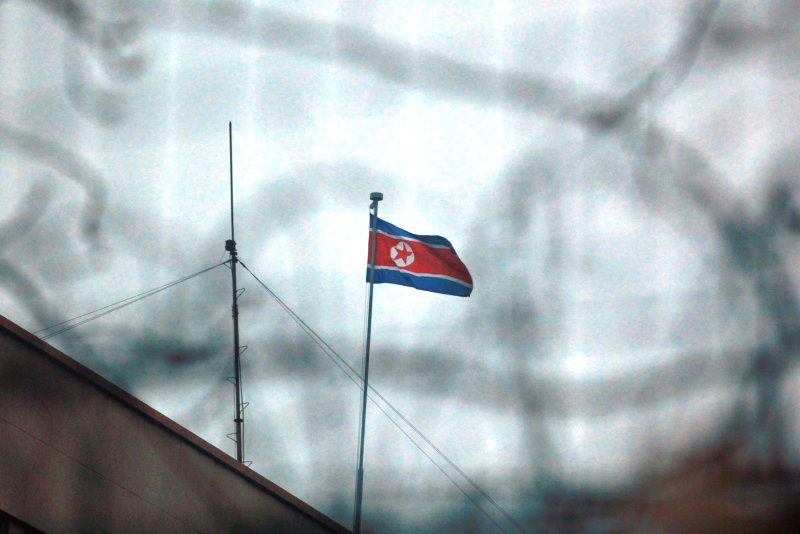The “Rajin-Hasan” project, which brought Russian coal to South Korea through a North Korean transfer point, is to be suspended as Seoul expands maritime sanctions against North Korea. UPI/Stephen Shaver |
License Photo
SEOUL, March 7 (UPI) -- A logistics project symbolic of inter-Korea cooperation is to be suspended, and at Seoul's request.
The three-way shipping project that brought Russian coal to South Korea through a North Korean transfer point, Rajin, will no longer be in operation.
The decision was unilateral and Russia has reportedly expressed regret with South Korea's choice, Yonhap reported.
There is little doubt the announcement took Moscow by surprise.
Last week, after Russia helped pass a powerful set of sanctions at the United Nations Security Council, Moscow's Ambassador to the U.N. Vitaly Churkin said the sanctions do not include any provisions that would affect Russian economic interests.
That included the "Rajin-Hasan" project, which refers to the North Korean and Russian border cities, respectively, where shipments of Russian coal bound for South Korea and the southern coast of China were transferred.
Three trial shipments have been successfully completed since November 2014, and the project was a bright spot in an otherwise difficult relationship marked by tensions that have grown with North Korea's nuclear provocations.
Seoul's Foreign Minister Yun Byung-se had said in an earlier statement Russia and South Korea were reviewing the program following the adoption of Resolution 2270 but did not give a definite answer on the eventual fate of operations.
The shutdown was confirmed by a government source Tuesday, local time, who spoke to Yonhap on the condition of anonymity. The decision is believed to be one of the first steps toward expanding maritime sanctions, which, within the next 180 days, are expected include a ban on third-country ships that included North Korea as a port of call.
Previously adopted U.S. sanctions and the effects of more recent bills are having an effect on North Korea trade as well.
Voice of America reported U.S.-North Korea trade in January 2016 was valued at zero, down further from December, when $160,000 worth of goods changed hands, and also down from January 2015, when trade was estimated to be about $140,000.















